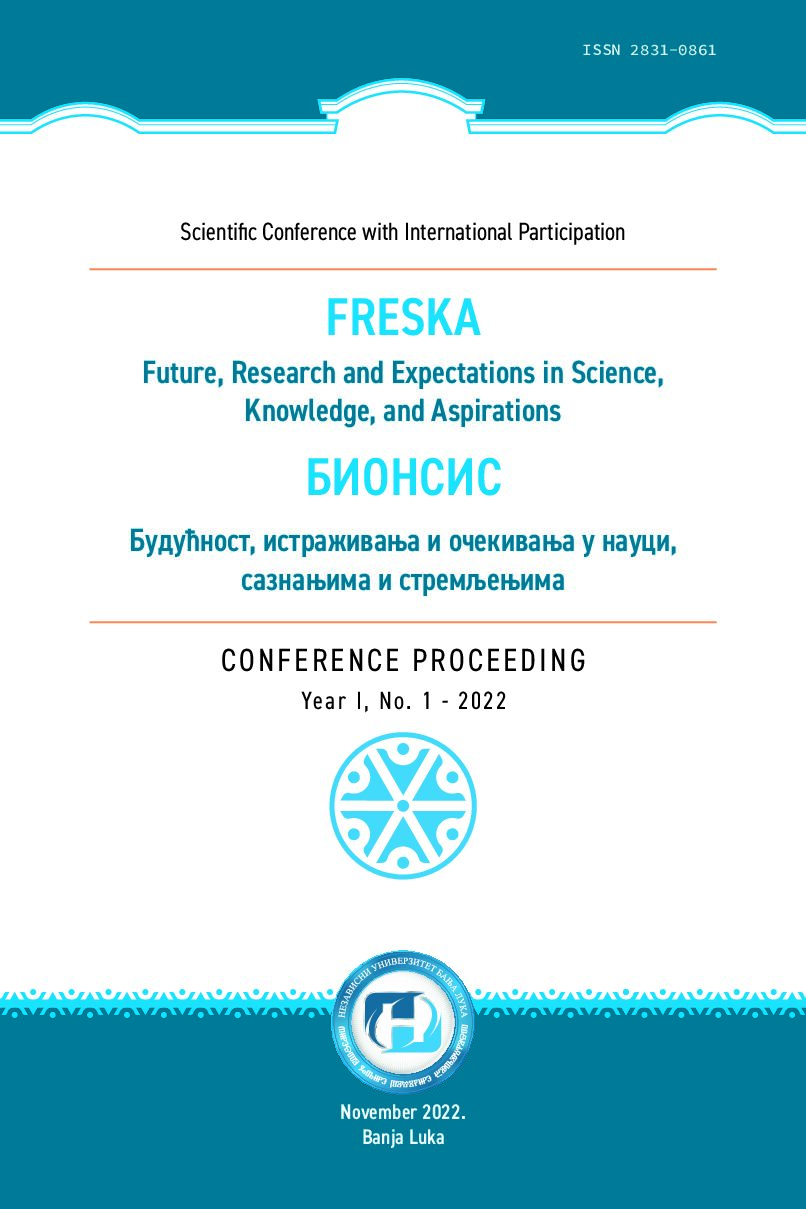EXTERNAL INTERVENTION AND STABILITY IN SOMALIA
DOI:
https://doi.org/10.7251/ZNUBL2201225CAbstract
When external actors intervene in conflict to oust established authority, their interference oftenprolongs the instability and suffering. This is reminiscent of
events in South-Central Somalia and the conflict has dragged for over two decades. Could peace have been established without foreign interference in Somalia? Was the African Union’s (AU) peace enforcement intervention really necessary? To have ignored the realities on the ground and opting instead to usurp the established authority of the Islamic Courts Union (at the request of the west) set the stage for the protracted conflict witnessed today in Somalia. This study argues that the lives lost and the financial burden of a prolonged conflict would have been avoided if the AU had adopted a Pan-African/indigenous approach in dealing with Somalia. While the ICU might have been yesterday, peace in Somalia is dependent on local initiatives to build the peace as exemplified by the evolution and success of the ICU and not some contrived foreign/external process. Thirty years of foreign intervention have shown that these will not achieve peace in Somalia. Process tracing is adopted as the method of analysis for this study.
